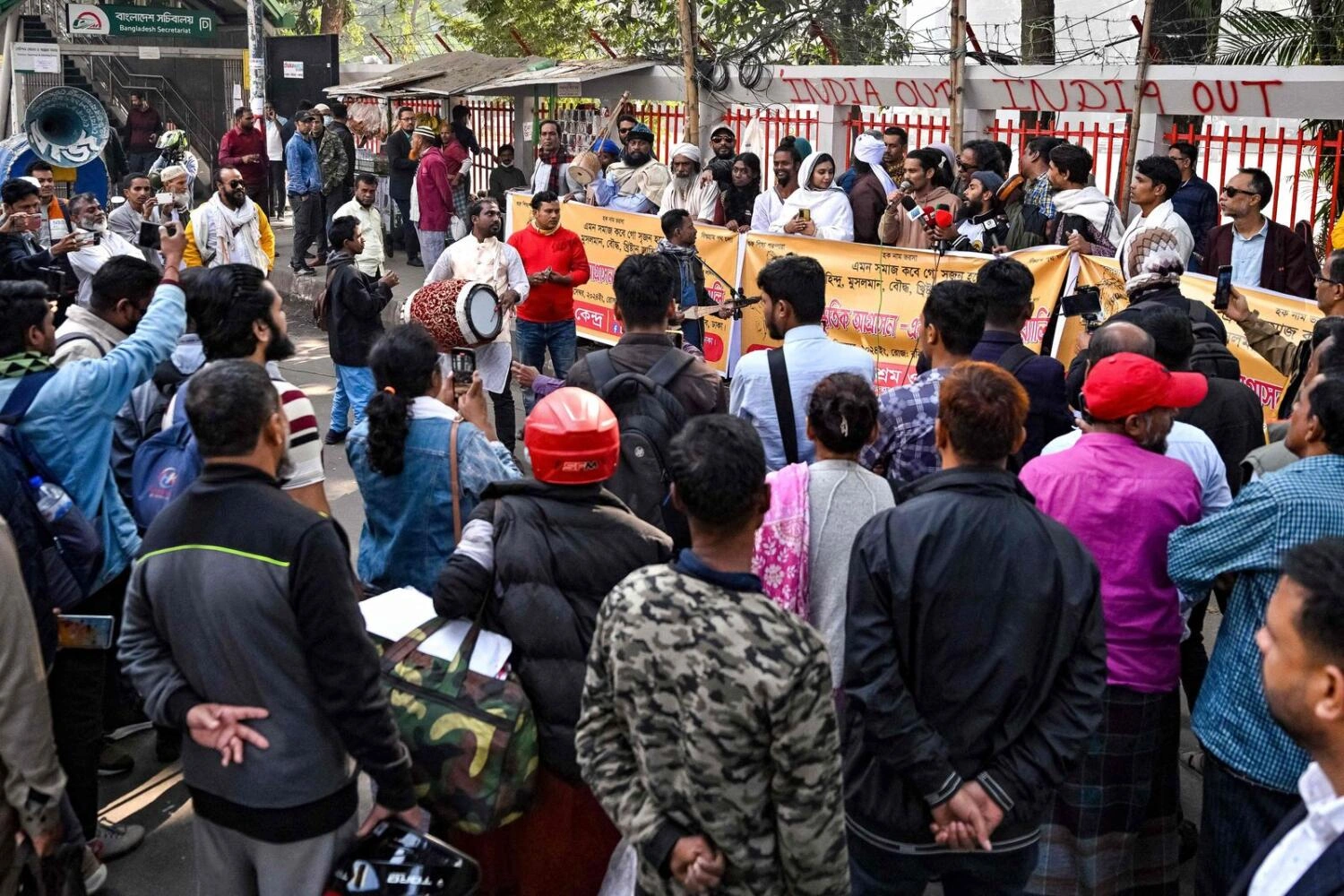Bangladesh has launched a fresh investigation into the 2009 army mutiny and the subsequent crackdown, with a focus on alleged foreign involvement, the head of the inquiry, A.L.M. Fazlur Rahman, announced on Thursday.
The mutiny shook the nation, leading to a harsh crackdown by the army. Scores of soldiers were arrested, many received death sentences, and the violent event left lasting scars on the country.
A previous investigation blamed years of frustration among soldiers, citing poor pay and unfair treatment as the root causes. However, that probe was conducted during the tenure of Sheikh Hasina, who was ousted as prime minister in August by a revolution that forced her to flee to India.
Since then, families of soldiers killed during the mutiny have campaigned to reopen the case. They accuse Hasina of weakening the military to solidify her power. Protesters also claim India was involved in the alleged conspiracy, though these accusations have not been confirmed, and New Delhi has not responded.
“We aim to uncover whether foreign entities played a role in the mutiny, as there are claims of both national and international conspiracies,” said Rahman.
In February 2009, soldiers from the Bangladesh Rifles (BDR) paramilitary force stole thousands of weapons and launched a violent mutiny. The unrest spread quickly, with thousands of soldiers joining the rebellion. The uprising ended when the army regained control.
The aftermath saw thousands of soldiers tried in military courts, with punishments ranging from death sentences to shorter prison terms. The United Nations criticized these trials, calling them unfair and below international standards.
Hasina’s leadership at the time, reportedly backed by India, faced criticism for her handling of the situation. Now 77 years old, she remains in India, further straining ties between the two nations.
This week, Dhaka requested India’s assistance in returning Hasina to Bangladesh to face charges, including accusations of orchestrating “massacres, killings, and crimes against humanity.”
The new investigation seeks to clarify the events surrounding the mutiny and address allegations of foreign influence in the deadly crisis.







